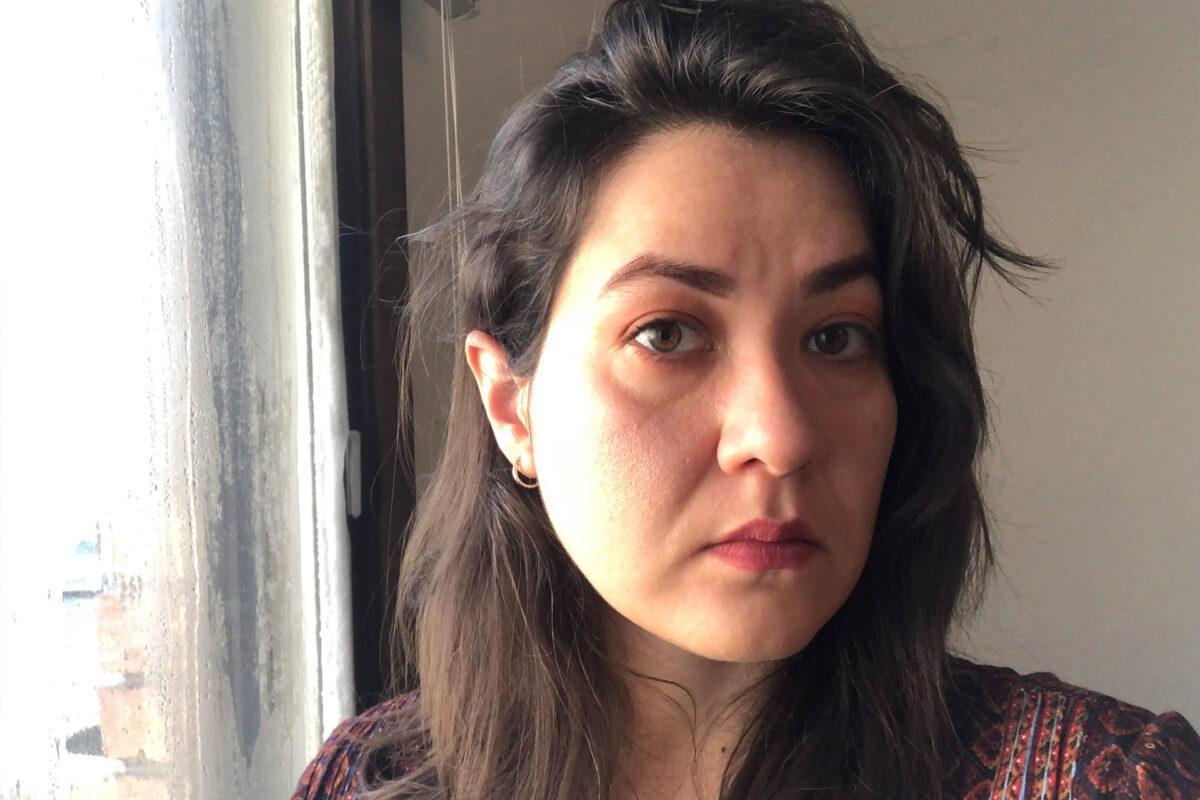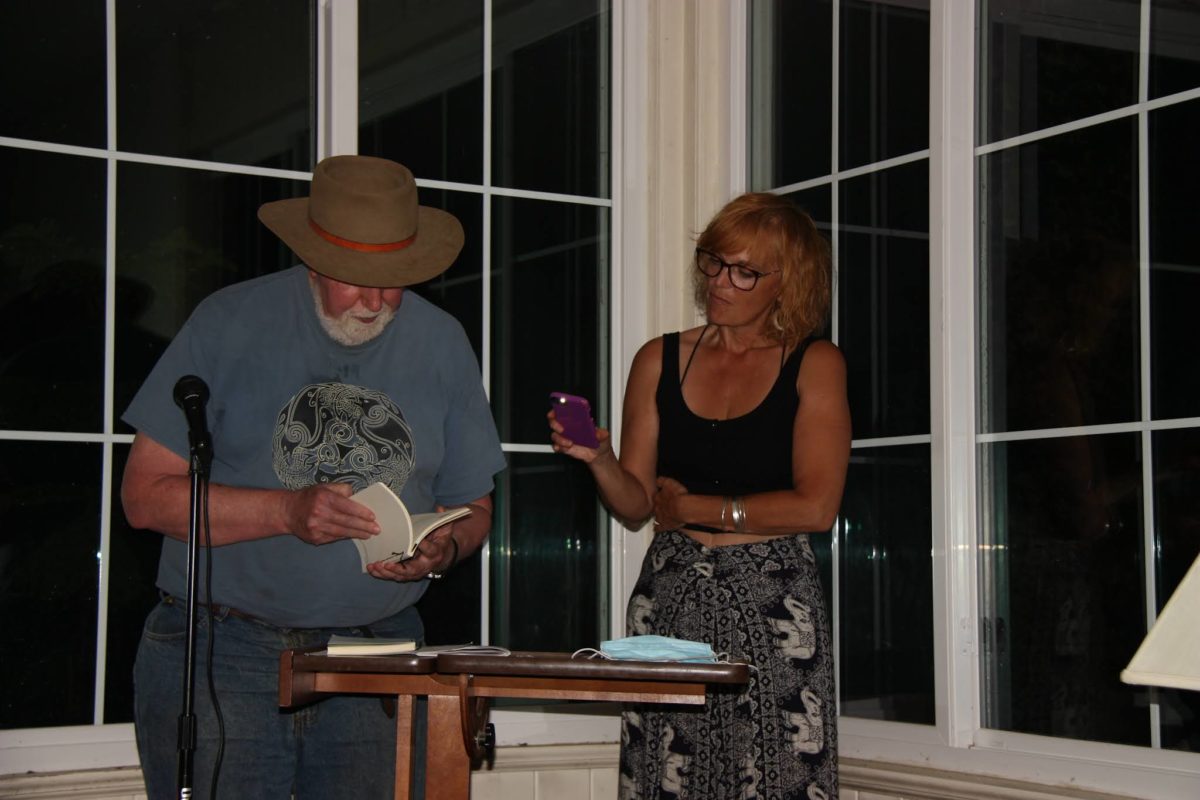By Jesse Seidel
On the Friday, April 20th I attended as exclusive Q&A session with prolific comic book and screen writer Marc Guggenheim! Guggenheim is best known as a writer for the CW series Arrow, as well as the script of Percy Jackson: Sea of Monsters.
The first question I heard, was what lead Guggenheim down this path of screen writing. He replied that he started writing as a favor to his brother while in Law School and continued with the hobby over half a decade later. By that point, he grew disillusioned with Law practice and thus went to try and write for television. It is here that we found out that from March to May is something called “Staffing Season” in show biz, where all the networks go to fill up on their writers, and one of these places hired Guggenheim. He had to write a script for an episode of “West Wing” so as to prove his mettle. It was from there he wrote for David Kelley’s “The Practice” which, ironically enough, was about lawyers, something which Guggenheim was rather familiar with.
The next question was about the biggest challenge that comes from adapting characters from different mediums for television. He replied that the incompatibility of some parts is kept in mind. For “Arrow”, they wished to tone down some of the campier moments of the history (such as the boxing glove arrow he is known for in the comics) while still maintaining the tone true to the character. He advises against 1:1 adaptations, as the original is already there and written.
After that, someone asked about advice for screenwriters, which he said one must read a lot and write a lot, and that reading the bad scripts or screenplays can be more informative than the good ones on what not to do. In addition, he advised that one should take a movie and break it down, citing how screenwriters debate all the time about the structure of films and shows. Guggenheim said that one should look at what makes the plot work, rather than focus on the emotional impact scenes have. He said this is a common novice mistake, he then went on to recommend reading the screenplay of Michael Clayton for an example of a good screenplay for the modern era.
Following that, someone asked how he got his first job as a comic writer. Apparently, it was through David Goyer’s assistant who offered him a chance to write a ‘back up’ issue for Aqua man, in case the planned issue couldn’t come out on time. He then confided how much more difficult it is to get in to the comic industry compared to the T.V. industry, as there is no staffing season, and there is usually no clear place to start looking for that job.
Then someone asked about how it was working on the Netflix original series “Troll Hunters”, and how the death of the lead affected production. Obviously, everyone was devastated by the death of the lead voice actor, who died in a car crash some years before. Though Guggenheim did look on the bright side of the actor finishing 75% of his lines and the fact that the plot worked in such a way that they could justify a change in the lead’s voice without actively trying to rewrite anything, he also mentioned that in a tribute to the man’s death, his voice in the form of a monologue from early in the series would be played in the finale.
On a more lighthearted note, the next question was simply asking why the comic book character Isis went by a different name in the show. Unsurprisingly, it was because the name Isis is currently being used by terrorist group and the name had to be changed to avoid unnecessary controversy.
Then, on an even less serious note, a fan asked how Marc Guggenheim felt about fan backlash from a season finale of Arrow and that people started to compare it to Daredevil on the website Reddit. He was mostly perplexed by the whole thing while also, adding that the User Interface (UI) of Reddit is nearly painful for him to look at.
Then, on an amusing note, someone asked a question on the behalf of someone who could not make it, asking how they could pair two certain characters together romantically, and if they even care about the rating dropping. To this Guggenheim simply replied that during that year only two shows did not suffer a rating drop, and Arrow was one of them. He went on to explain that the only huge ratings drop they suffered was for the televised airings and even that was only because Arrow started airing on Netflix as well as the CW app, and all in all, only a 3% drop in ratings was noticed. He went on to say that shippers, that is to say people who advocate for the relationships of people in works of fiction, are only a small portion of the viewer base, albeit a rather vocal one.
A more informative question that followed was asking about how many writers a show usually has and if it is difficult to find a unified voice for the series Arrow. To which Guggenheim replied that usually around 4-9 writers are on staff and when looking for writers they want people with malleable writing styles who can write the same tone for a series as their fellows while still maintaining their own spin on the things they write.
The next question asked about what it was like to play with preestablished lore when writing adaptations for television. To this, he replied that they have no obligation to follow anything preestablished but still wish to keep the same tone as their predecessors. Which led into the next question about how they deal with tropes and clichés while writing, to which he said he simply seeks to either subvert or play with most clichés or at the very least attempt to breathe some semblance of originality into them.
An unexpected question that followed this was how he felt about the movie adaptation for “Percy Jackson: Sea of Monsters” which he apparently worked on. He then told us not to talk about certain things in there, but I can say that the original draft of the script was a 1:1 adaptation that was loathed by the studio head. As things that work well in novel form have more difficulty in a more physical sense, and thus Marc Guggenheim was put on the project rather than have the entire thing be written off as unadaptable. So, in three weeks he had to make a script for a movie adaptation that followed the spirit of the source material if not the letter of it. His challenge was to change some things so it could be a success, if not something that was faithful to its original.
It was at that point that the exclusive Q&A session ended and Marc Guggenheim was quickly escorted out of the room, but luckily, I was invited to walk with his and have him answer a question in exchange for me directing him to his next meeting. The question I asked was: “What writer influenced you the most, comic or otherwise?” To which he replied: “David Kelley, he wasn’t the first writer I was aware of, but he was the first I became obsessed with. I don’t know how influential he was, but he did influence me, giving me a standard of good writing for television.”
Marc Guggenheim was very gracious, and I am thankful he took the time to speak with students and to answer my question.






